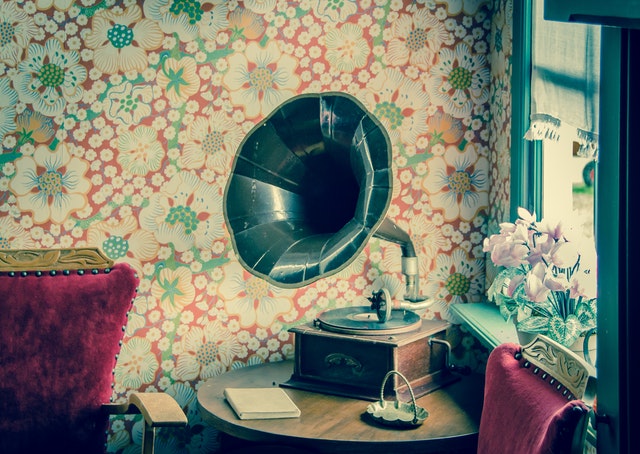What is Music Therapy?

Introduction
Music is the universal language of expression that can evoke our deepest emotions and sense of being. Different vibrational frequencies of music have been known to be an antidote to stress, insomnia, and even symptoms of anxiety as well as depression.
The unique utilization of the healing power of music, for clinical and evidence-based intervention techniques, is called music therapy. Imagine a situation where your healthcare professional addresses issues regarding your social, emotional, and mental well-being, not through pills but by engaging you in the art of music. Sounds impressive, right?
After you are assessed on factors encompassing your strengths, weakness, and needs, your therapist can provide you with a treatment procedure that can include creating, nurturing, as well as listening to music. Studies have shown that such involvements can improve emotional and cognitive abilities, bringing about holistic development in an individual’s life.
However, to accomplish individualized goals within a therapeutic relationship, you must be guided by a professional credentialed through an approved music therapy program. Once that is ensured, this form of therapy can be a highly rewarding experience.
How It Can Help?
From improving communication skills to coping with mental health issues, music can bring about effective and profound solutions to deep-seated problems, otherwise difficult to address.
Especially for mental health issues like depression, individuals often find it challenging to find an outlet of expression. However, the involvement in music makes it a comfortable avenue where difficult things can be expressed with ease.
The diversity of music has allowed its application in both the physical and psychological manifestations of diseases. In certain instances, the therapeutic use of music has been able to aid people in ways that other traditional forms of therapy could not. Especially when people find it difficult to express themselves through words, engagement in music might help a lot.
Do you know that a good song can actually increase the levels of the “happiness” hormone dopamine in your brain? This neurotransmitter is, in fact, vital for our cognitive, emotional, and behavioral functioning and plays a direct role in inducing a reward experience!
Key Areas of Clinical Intervention by Music Therapy
Let me summarise some of the important clinical sectors where music therapy can be beneficial
- Depression
- Anxiety
- Schizophrenia
- Substance abuse
- Autism
- Insomnia
- Dementia
- Alzheimer
- Mood-related concerns
- Personality disorders
- Self-esteem issues
- Cancer
- Hypertension
- A person with impaired motor skills
- People with communication difficulty after a stroke
- Labor pain
Nature of Therapy Session
Music therapy can be carried out individually, or you might be placed in groups. Both these activities are set up, ensuring that the music chosen is well suited for the individual or individuals involved.
Here is an instance of the kind of activity that might be conducted in a therapy session:
For subjects dealing with anxiety and stress issues, group drumming sessions have led to increases in relaxation states. Circles are formed with people facing similar problems, and then they are encouraged to introduce themselves. This stimulates a sense of bonding and further and builds a cohesive environment under the guidance of a therapist who leads the drumming sessions.
Conclusion
The effect of music in our life can be profound, and to use that ability to heal holistically is remarkable. Music therapy might be unconventional but definitely holds a lot of promise for people looking for solutions away from the burden of pills and medicines.
What's Your Reaction?
Ritwika is a lover of all things television. She can often be found binge-watching her favorite shows, whether it be dramas, comedies, or reality TV. Her other passion in life is hiking; she loves nothing more than getting out into nature and exploring the great outdoors. Ritwika likes to think of herself as a witty person, and she enjoys making others laugh.



